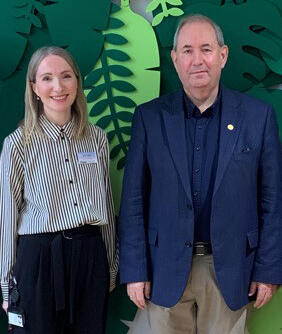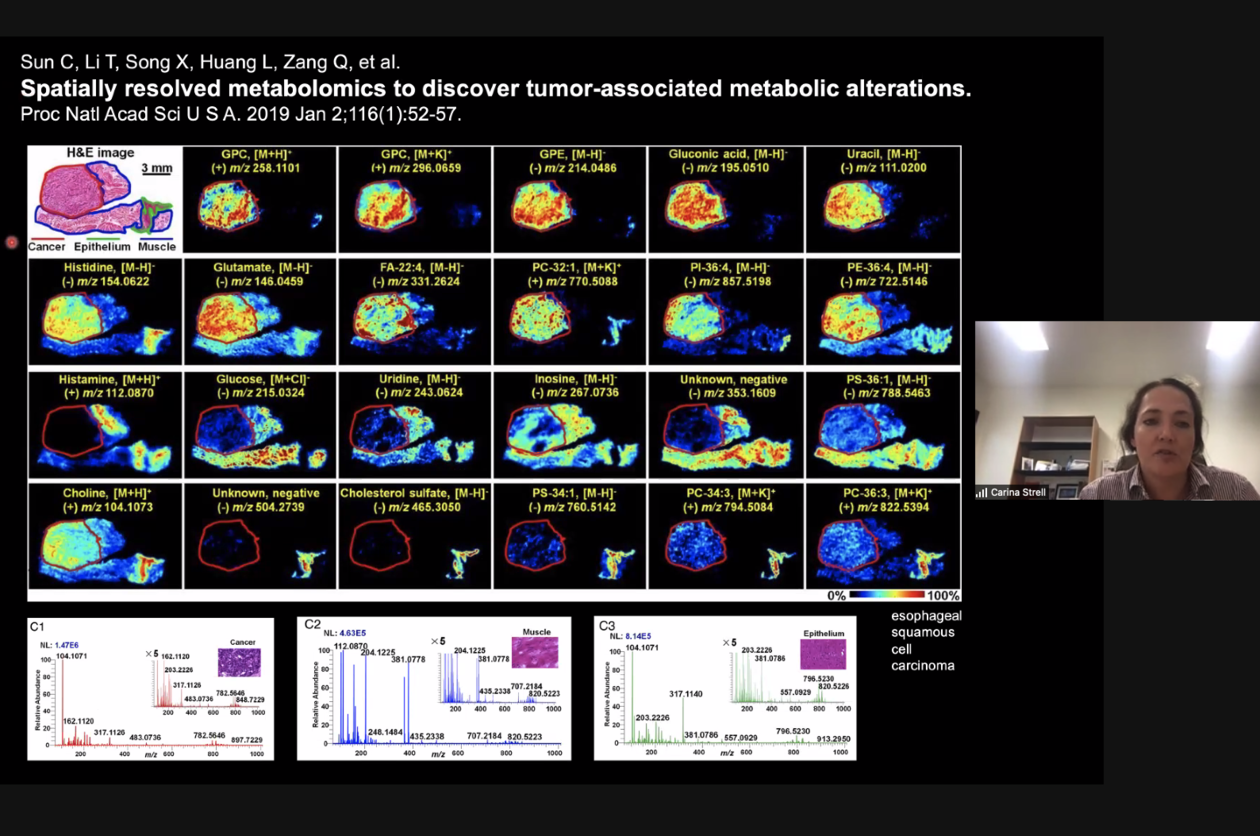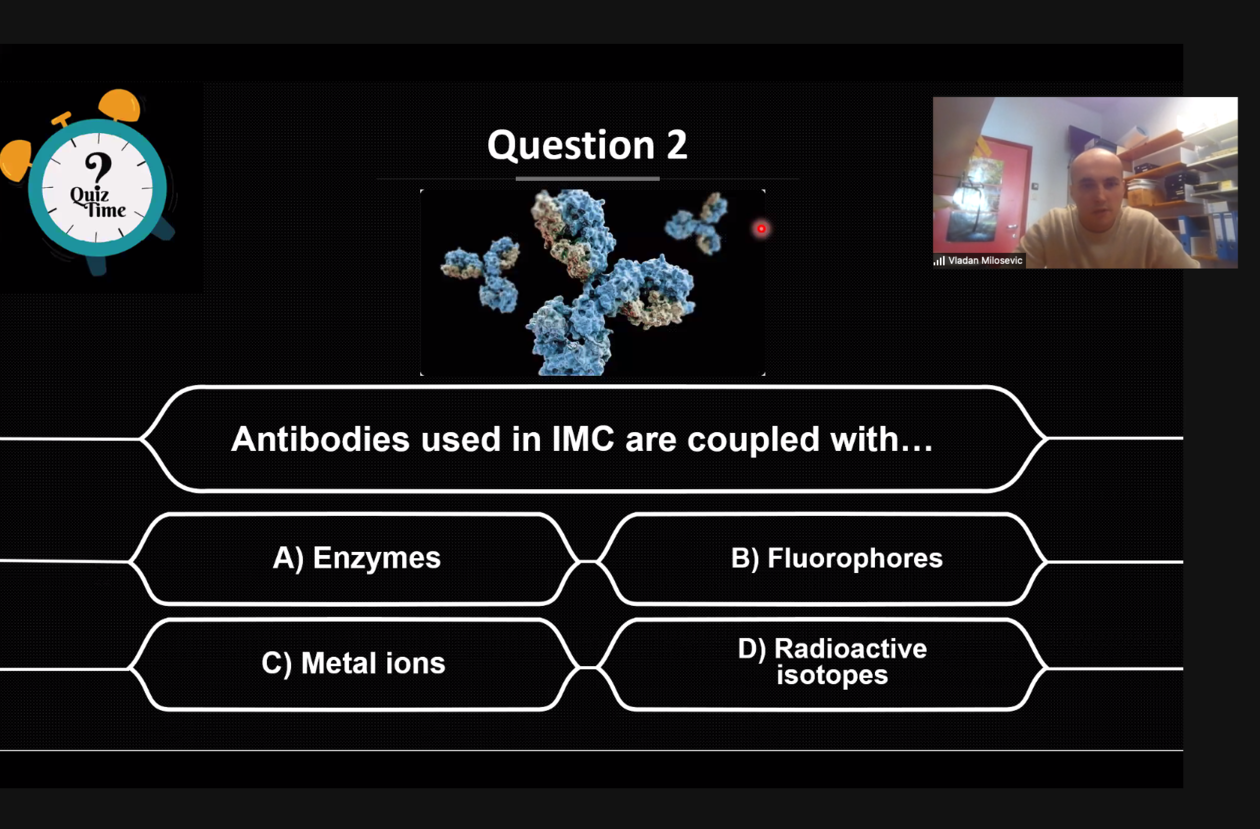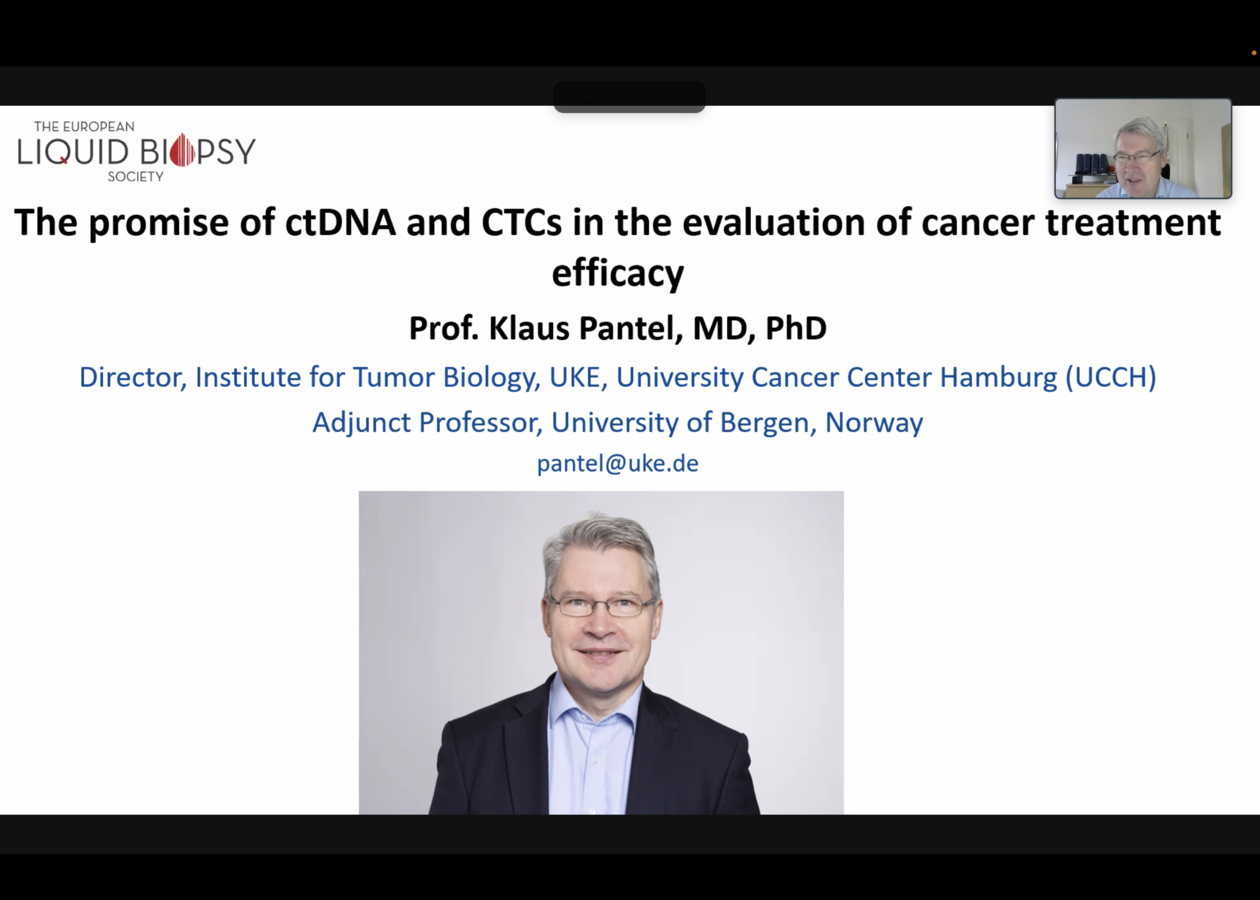It takes a village to run an online course
The course CCBIO905 – Methods in Cancer Biomarker Research was arranged for the fourth time September 27-29, 2022. This was the second time as a fully digital event. From the confusion of the first pandemic months, CCBIO is now highly experienced in organizing digital events, and hybrid events, for that matter. One thing is however clear – it takes a village to run a good online course!

Main content
Comprehensive program
“You know, we have a wide range of topics ranging from basic techniques on nucleotides and proteins to more advanced approaches, as well as bioinformatics and biobanking,” says CCBIO Associate PI Agnete Engelsen, who is academic responsible for the course in joint forces with CCBIO Director Lars A. Akslen.
“That include 20 different teachers who covers methods of studying biomarkers in tissue samples, blood samples, circulating tumor cells and DNA, and other biologic materials. Methodologies like PCR techniques, microarray, next-generation sequencing, bioinformatics and artificial intelligence, immunohistochemistry, in situ hybridization, protein ligation assays, Western blot and ELISA, tissue microdissection and proteomics, flow cytometry, flow and imaging mass cytometry, and biobanking were presented. Changes in nucleic acids and proteins in different settings were discussed, as was the clinical applications of the various methods,” she says. You can see the full program here.
“This has been a great team effort from our research community! We are very grateful to our colleagues who contributed to making this year’s CCBIO 905 a great success and a great learning experience for our students through exciting lectures, quizzes, and discussions!” Agnete emphasize. “Thanks to each one of you who contributed in various ways. A special thanks to the course coordinator Ingeborg Winge for ensuring a seamless and efficient program and to Kjetil Harkestad for excellent administrative support. It takes a village to run a good online course!” she concludes.
International participation
The online format has led to an interesting and even more international mix of participants.
“The course has been announced through the NorDoc network course database and is open for international participation to enhance the networking opportunities for our students,” Agnete explains. “This year, the majority came from the University of Bergen, the University of Oslo and the University of Stavanger and participants from Karolinska Institute (KI) in Sweden, Copenhagen University in Denmark, as well as participants from Italy, Pakistan, United Emirates, and Nigeria,” she continues.
Flexible registration
Registration was split into those who wanted to earn the ECTS and hence join the group assignments and exam, and a more flexible registration for those who wanted to hop in and out of lectures as they pleased. 40 students signed up for the ECTS credits, and approximately 40 additional participants followed selected parts of the course without claiming ECTS credits. This has become an often used solution for the CCBIO courses, as it has proved successful to facilitate for both ECTS program students and for other researchers and medical professionals who merely would like to join the lectures for updates in the field.
Special Seminar with Professor Klaus Pantel
A session in the CCBIO905 program was opened up to a larger audience in a webinar in the CCBIO Special Seminar format with Professor Dr. Med. Klaus Pantel, the Director of the Institute of Tumor Biology, Center for Experimental Medicine, UKE Hamburg, and part of the CCBIO International Faculty. Professor Pantel is considered the “father” of the term liquid biopsy, and he gave an inspirational talk on the promise of ctDNA and CTCs in the evaluation of cancer treatment efficacy. Pantel’s Norwegian collaborators, CCBIO PI Karl Henning Kalland and UiS professor Oddmund Nordgård as well as the students, engaged in lively discussions with Professor Pantel after his presentation.
Professor Pantel also welcomed the attendees of the Special Seminar and other interested researchers to the ISMRC meeting on May 2-4, 2023, in Hamburg, Germany. This is the13th International Symposium on Minimal Residual Cancer (ISMRC) meeting, and a premier event focusing on Minimal Residual Cancer in solid tumors as a Target of Immunotherapy and Liquid Biopsy Diagnostics, as well as liquid biopsy in a broader sense. CCBIO recommends the Hamburg ISMRC meeting as an excellent opportunity to discuss the recent technical developments, clinical trials, and the latest breaking news in the field with leading researchers in the oncology, immunology, and liquid biopsy fields.



